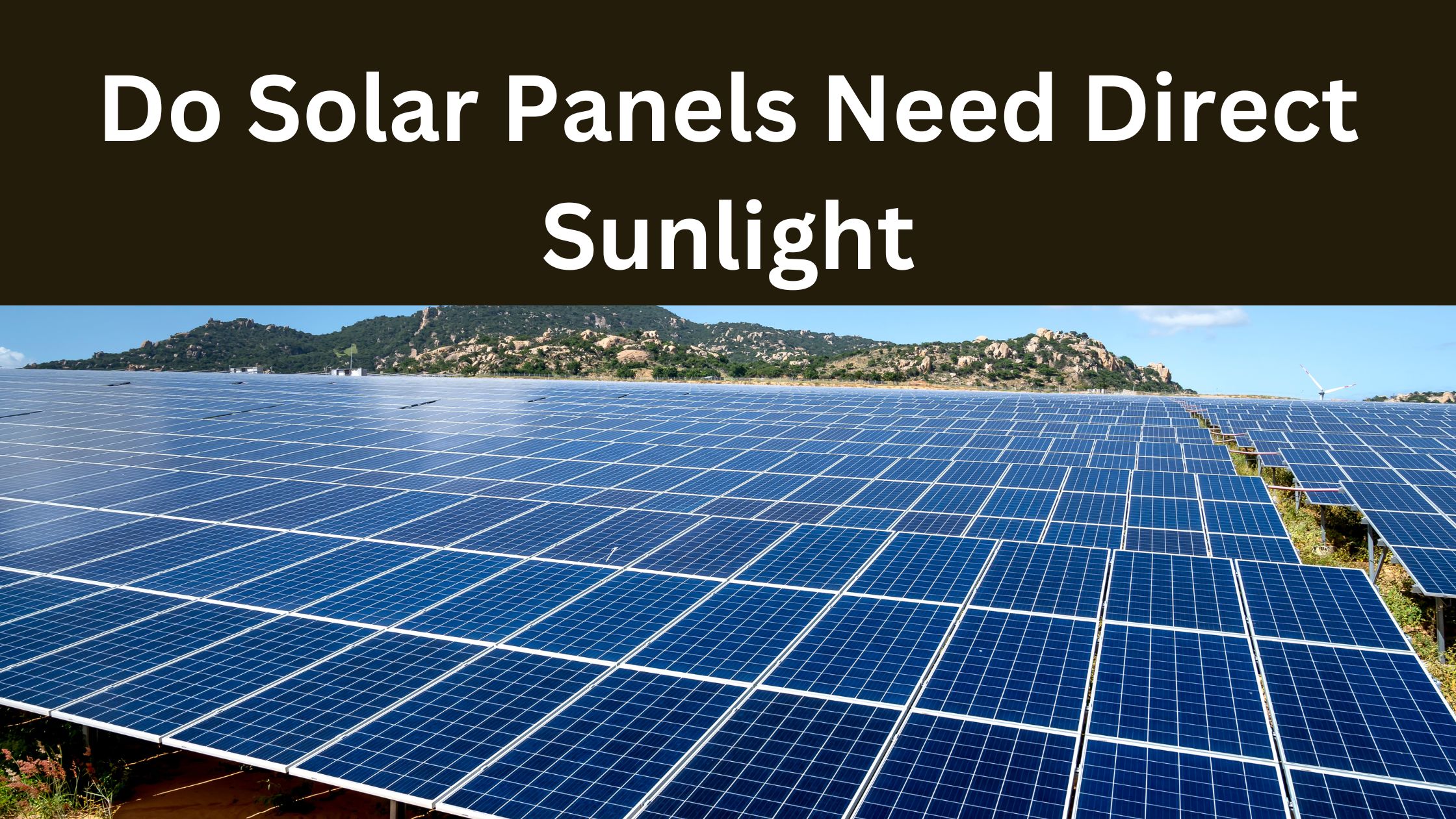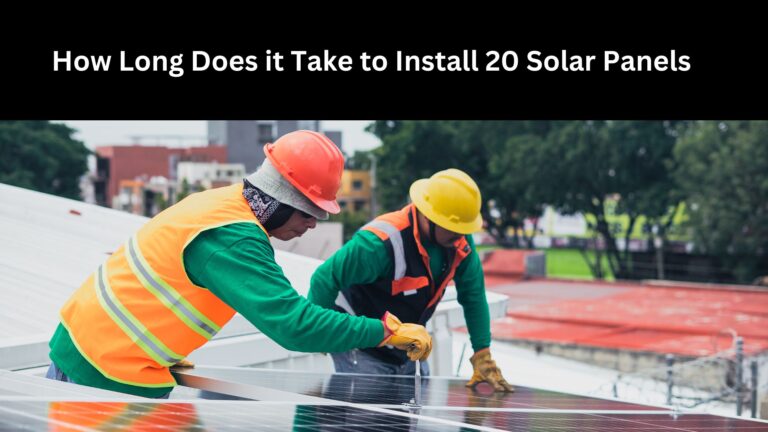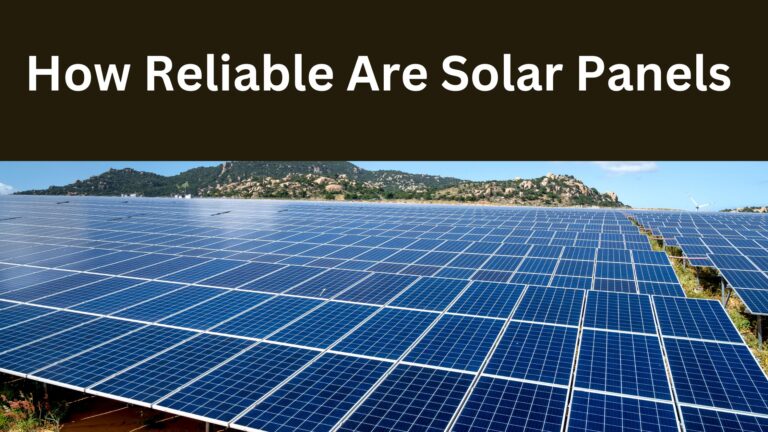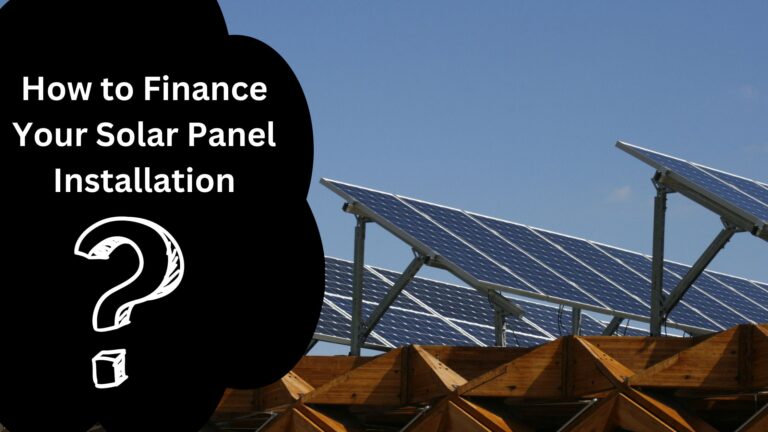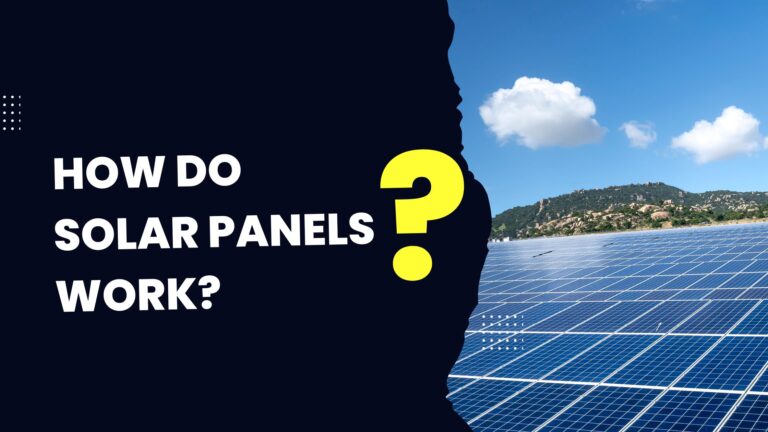Do Solar Panels Need Direct Sunlight
Understanding How Solar Panels Work
Before we delve into the sunlight aspect, let’s understand the basics of how solar panels work. Solar panels are made up of many small units called solar cells. These cells are usually made from a material called silicon. When sunlight hits these cells, a magical process occurs: the photons in the sunlight knock electrons in the silicon cells loose. This movement of electrons creates an electrical current, which is what we use as electricity.
Direct Sunlight and Its Benefits
Direct sunlight, often referred to as “full sun,” is the best condition for solar panels. When solar panels get direct sunlight, they can produce the most electricity. The more sunlight they receive, the more energy they can generate. It’s like having a superpower that makes your electricity meter stop spinning!
Direct sunlight is typically when the sun is high in the sky, and its rays hit the solar panels almost perpendicularly. This condition happens on sunny days with clear skies, usually during the middle of the day. If you live in a region with many sunny days, your solar panels can be incredibly efficient.
Solar Panels and Indirect Sunlight
Now, let’s talk about indirect sunlight. Even when the sun isn’t shining directly on your solar panels, they can still work their magic and produce electricity. This is great news because we don’t always have perfect weather, right?
1. Indirect Sunlight:
Sometimes, the sun hides behind clouds, and the sunlight that reaches your panels isn’t as strong as direct sunlight. But the good news is that solar panels can still turn this light into electricity. It might not be as much power, but it’s power nonetheless.
2. Diffused Light:
On cloudy or overcast days, the sunlight becomes diffused. That means it scatters in all directions, and it’s not as intense as direct sunlight. However, solar panels are smart enough to capture this diffused light and convert it into electricity. So even on gloomy days, your solar panels are at work.
3. Early Mornings and Late Afternoons:
Solar panels can also work in the early morning and late afternoon when the sun’s angle isn’t perfect. The sunlight may not be directly overhead, but it can still generate some electricity.
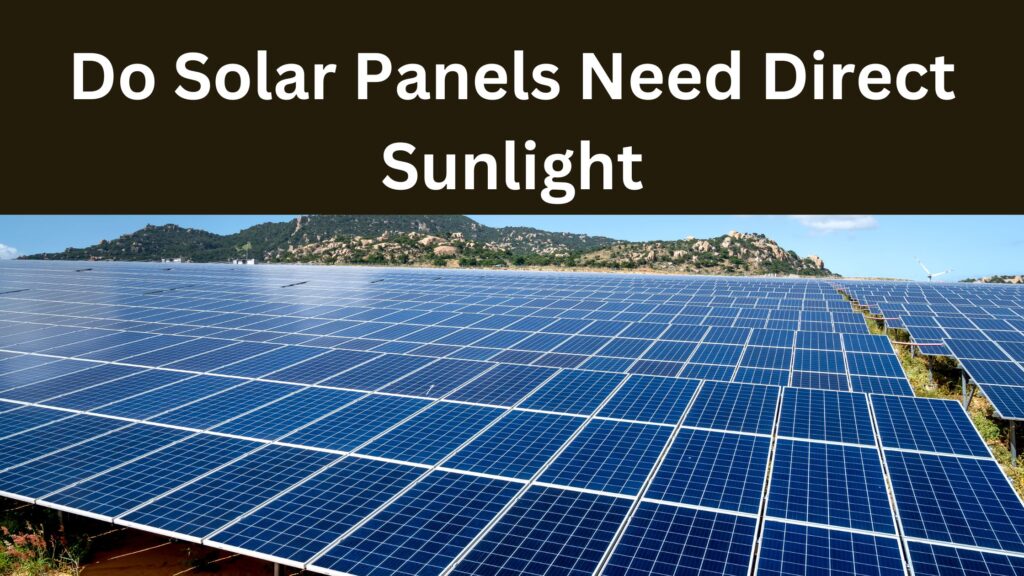
4. Partial Shade:
If part of your solar panels is in the shade due to a tree or a building, the shaded area won’t produce electricity. However, the sunny parts will keep working just fine.
5. Artificial Light:
Solar panels can even produce electricity from indoor lighting, like the lights in your home. However, the power generated from indoor lighting is quite low, so don’t rely on it to power your entire house.
Solar Panels in Real-Life Situations
In real life, solar panels are often installed on rooftops, which means they can’t always be perfectly positioned to face the sun directly. This installation limitation can result in some indirect sunlight exposure. But don’t worry! Solar panels are built to handle these situations.
Here’s the key point: Solar panels are designed to be reliable under various lighting conditions. They may not be as efficient in indirect sunlight, but they still do their job. They keep producing electricity, which means you’re still saving money and helping the environment.
Also Read How often should you clean solar panels?
Maximizing Solar Panel Efficiency
If you want to get the most out of your solar panels, here are a few tips:
1. Placement: Install your solar panels in a location with good sun exposure, such as on a roof or in an open area. This way, they’ll get more direct sunlight.
2. Regular Cleaning: Keep your solar panels clean. Dust, dirt, and bird droppings can block the sunlight and reduce efficiency.
3. Angle Adjustment: Make sure your solar panels are correctly angled. Adjusting their angle a few times a year can help them capture more sunlight.
Conclusion
In conclusion, while solar panels do work best with direct sunlight, they can still produce electricity in various lighting conditions. Whether it’s indirect sunlight, diffused light, or even indoor lighting, solar panels are built to be reliable. So, yes, you can count on your solar panels to keep working even when the sun isn’t shining its brightest. They’re a fantastic source of clean and renewable energy, helping you save on energy bills and reduce your carbon footprint.
Also Read How to Finance Your Solar Panel Installation

Solar Energy Engineer, Founder of Solar Panel Guide Blog, and passionate advocate for a sustainable future. ☀️🌿 #SolarEnergy #Renewables Read More About Peter
